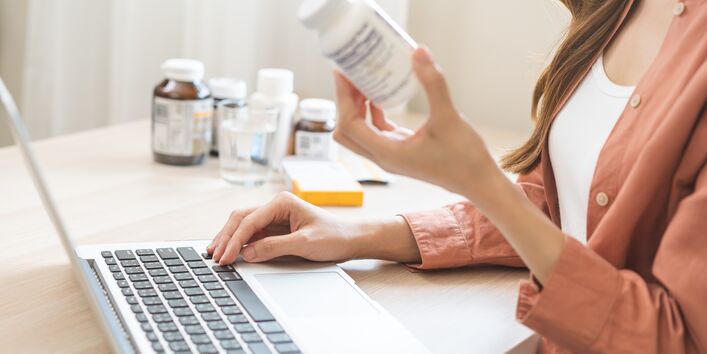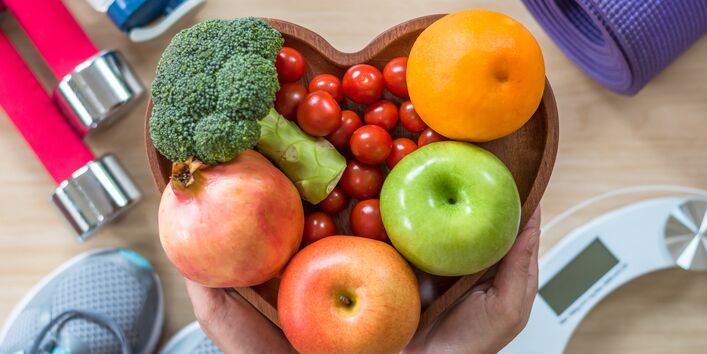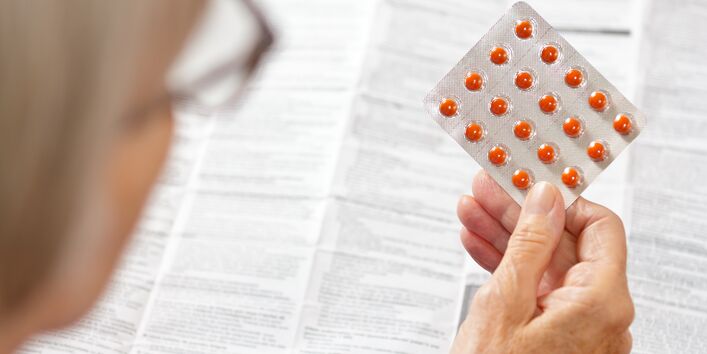In today's world, it is more important than ever to reconsider our impact on the environment. The healthcare sector also has a role to play, and we can contribute by reviewing and improving the way we use medicinal products.
These tips are designed to help you, as a patient, reduce the entry of pharmaceuticals into the environment without compromising your own health. It is essential to emphasise that these recommendations do not suggest altering the treatment prescribed by your doctor or forgoing vital medicines when you are ill. Rather, they are intended to encourage informed choices, keeping the environmental impact of your healthcare in mind and minimising it where possible.




